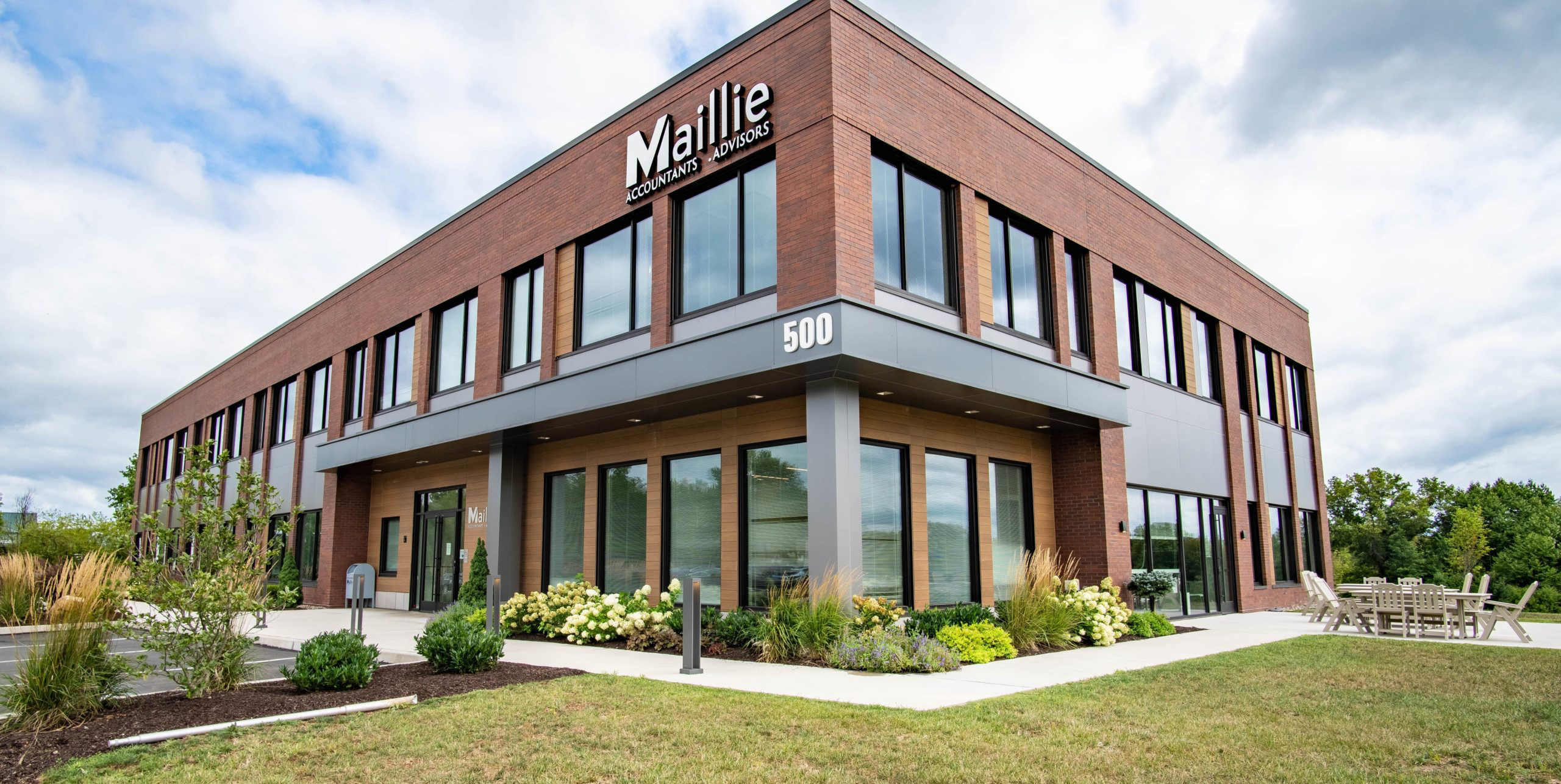
Executive Summary
You’ve built your small business from the ground up, but eventually, your business will need to transition to new ownership. The value of your business can be impacted by how easy or difficult the transition will be. If your business operations are completely dependent on you, the transition will be more difficult. A smooth transition will occur if your business can get along well enough day-to-day without you. Maillie LLP can help you by giving you an estimate of what your business is worth and suggesting a road map to get where you want to be.
“More than just the numbers”
Small business owners put a lot of hard work into their businesses. In most cases, their business is their most valuable asset. Achieving growth in business value is not only dependent on financial results, but also on other attributes that are often overlooked by small business owners. For example, many owners have not taken the necessary steps to build the infrastructure of the business that would support a smooth transition to new ownership. If the potential new owners do not see a path to a successful transition, this will have a significant negative impact on value.
Many times, the hard work ethic, personal talent, and customer relationships of the owner are at the very root of the success of the business. Unfortunately, the more reliant the company is on the previous owner for the success of the business, the more this will drive the value down from the perspective of a new owner. A potential new owner will consider what will happen to the business when the previous owner is no longer around. If the potential new owner believes there could be a significant impact from the departure of the previous owner, this will translate into an additional risk assessed to the transaction. The higher the risk, the lower the value.
The value of a business is more than just its assets minus its liabilities. In addition, the business has value as an ongoing operation that is already in place, and a potential new owner will see that. A buyer may pay an amount for the purchase of the company that is over and above the fair market value of its assets minus its liabilities, and we call this “goodwill”. Goodwill is made up of attributes that don’t necessarily have dollar amounts attached to them – like a really good group of employees, an easily identifiable brand, or a good reputation for excellent customer service. Goodwill can be created by the company itself (the enterprise) or the business owner personally.
Enterprise goodwill is attributable to the entity itself rather than to an individual owner, whereas personal goodwill is attributable to the individual owner. When the owner leaves the business, enterprise goodwill stays, but the personal goodwill is lost. For example, the owner may have a good relationship with a major customer. What will happen to this relationship if the owner leaves? Can the relationship be transferred to another employee of the business? Many acquisition agreements require the previous owner to stay for a period of time to aid in the transition. However, if the necessary steps have not been taken by the previous owner to build the appropriate infrastructure to support enterprise goodwill rather than personal goodwill, then value will be lost.
A key step in the process of building an infrastructure that supports enterprise goodwill is to identify the key employees of the company and allow them to have the opportunity to develop into key members of management. This development takes time, and the business owners must take strategic steps to achieve this goal. Your attorney can help you establish employment agreements as well as non-compete agreements once you have identified your key employees.
How would the company be impacted if you retired? Have you built the infrastructure necessary for the company to have continued success without you? You can be assured that a potential buyer will be asking that question. This is one time where you do not want the answer to be that you are the key to success. Instead, you want to be able to indicate that the company is the key to success, and it can continue and succeed without you. Maillie LLP can help you plan for a future transition by providing you with an estimate of value for your business and assisting you with management planning.
Article by Gregory J. Shank CPA, CVA
Feel free to contact Greg Shank at 610-482-3178




